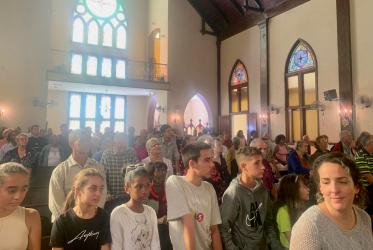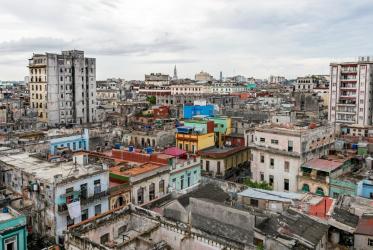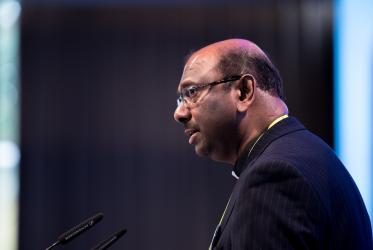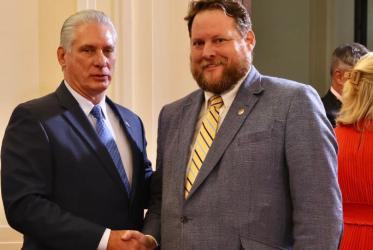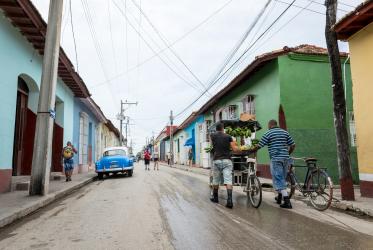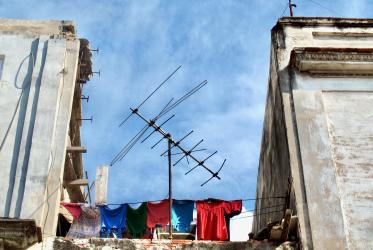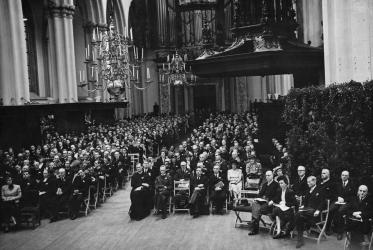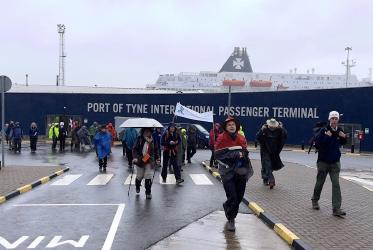The Greek word Koinonia, which Paul especially uses in the New Testament, translates as community, communion, union, fellowship, participation, among other meanings. The term "solidarity" expresses the meaning of Koinonia. The community based on solidarity seeks peace, justice, well-being, the Shalom of the people. The word "coexistence" can also be equivalent of Koinonia, because it means to live in unity for several generations under the same roof or house. The "coexistence" leads us to take care of the integrity of creation, to recognize that we are not the only inhabitants of this house.
23 March 2021
Dianet de la C. Martínez Valdés

